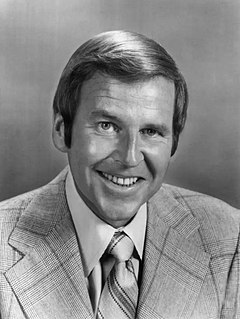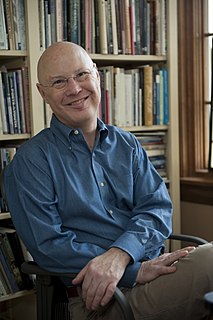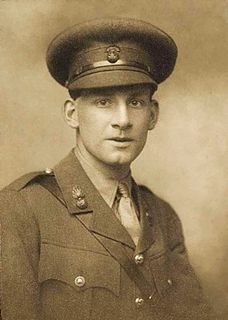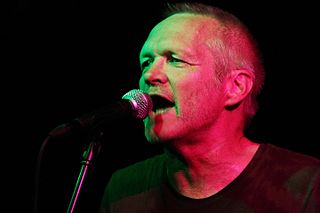A Quote by George Monbiot
As Dutch elm disease spread across Britain in the 1970s, the country fell into mourning. When the sentinel trees that framed our horizons were felled, their loss was a constant topic of sad and angry conversation.
Related Quotes
From the great trees the locusts cry
In quavering ecstatic duo-a boy
Shouts a wild call-a mourning dove
In the blue distance sobs-the wind
Wanders by, heavy with odors
Of corn and wheat and melon vines;
The trees tremble with delirious joy as the breeze
Greets them, one by one-now the oak
Now the great sycamore, now the elm.
How innocent were these Trees, that in
Mist-green May, blown by a prospering breeze,
Stood garlanded and gay;
Who now in sundown glow
Of serious colour clad confront me with their show
As though resigned and sad,
Trees, who unwhispering stand umber, bronze, gold;
Pavilioning the land for one grown tired and old;
Elm, chestnut, aspen and pine, I am merged in you,
Who tell once more in tones of time,
Your foliaged farewell.
If, as a culture, we don’t bear witness to grief, the burden of loss is placed entirely upon the bereaved, while the rest of us avert our eyes and wait for those in mourning to stop being sad, to let go, to move on, to cheer up. And if they don’t — if they have loved too deeply, if they do wake each morning thinking, I cannot continue to live — well, then we pathologize their pain; we call their suffering a disease. We do not help them: we tell them that they need to get help.
In 1494, King Charles VIII of France invaded Italy. Within months, his army collapsed and fled. It was routed not by the Italian army but by a microbe. A mysterious new disease spread through sex killed many of Charles’s soldiers and left survivors weak and disfigured. French soldiers spread the disease across much of Europe, and then it moved into Africa and Asia. Many called it the French disease. The French called it the Italian disease. Arabs called it the Christian disease. Today, it is called syphilis.
The evening wind made such a disturbance just now, among some tall old elm-trees at the bottom of the garden, that neither my mother nor Miss Betsey could forbear glancing that way. As the elms bent to one another, like giants who were whispering secrets, and after a few seconds of such repose, fell into a violent flurry, tossing their wild arms about, as if their late confidences were really too wicked for their peace of mind.
When my family moved from Ireland in the 70s, Britain was such a difficult place to be Irish. It was a decade of real social and economic upheaval in Britain. There were strikes, the three-day week, the oil crises, huge inflation, the winter of discontent and, what was it, four Prime Ministers? And relations between Britain and Ireland at that time were at an all-time low. I was born in the year of Bloody Sunday and of course the pub bombings happened in the mid-1970s.
After 9/11, we had this "terrorist-Muslim-threat" in the US but at the same time, next to that, in Holland we had this growing awareness that the so-called integration of new Dutch people, a lot of those that had come to live and work in our country originated from countries such as Turkey and Morocco, and a lot of them are actually Muslim, wasn't quite the success the state always had thought it was. The "new" Dutch didn't feel totally accepted, treated as second-rate citizens, and parts of the "old" Dutch suddenly believed that the new ones were trying to destroy our society.






































